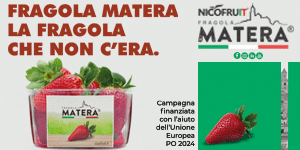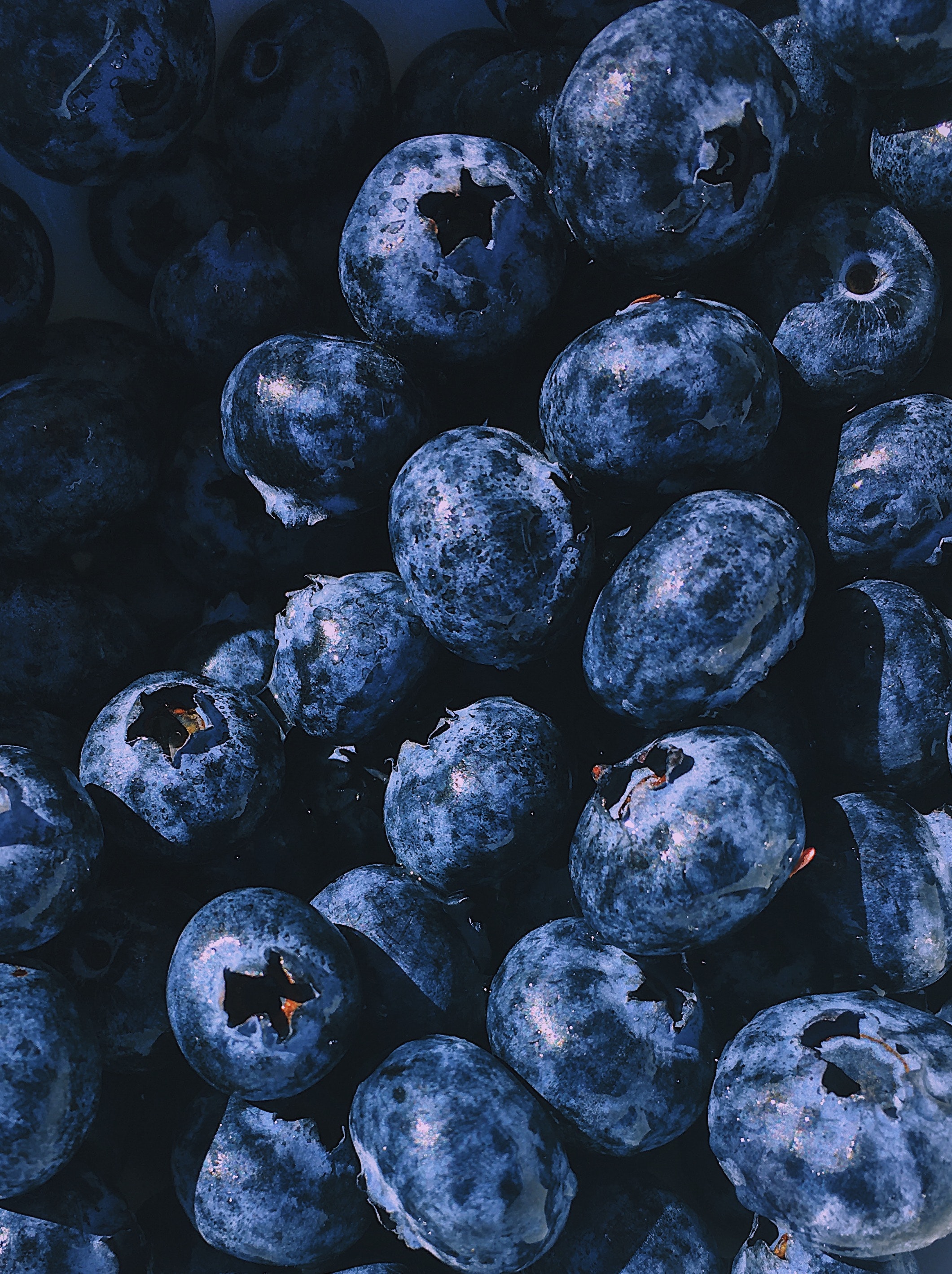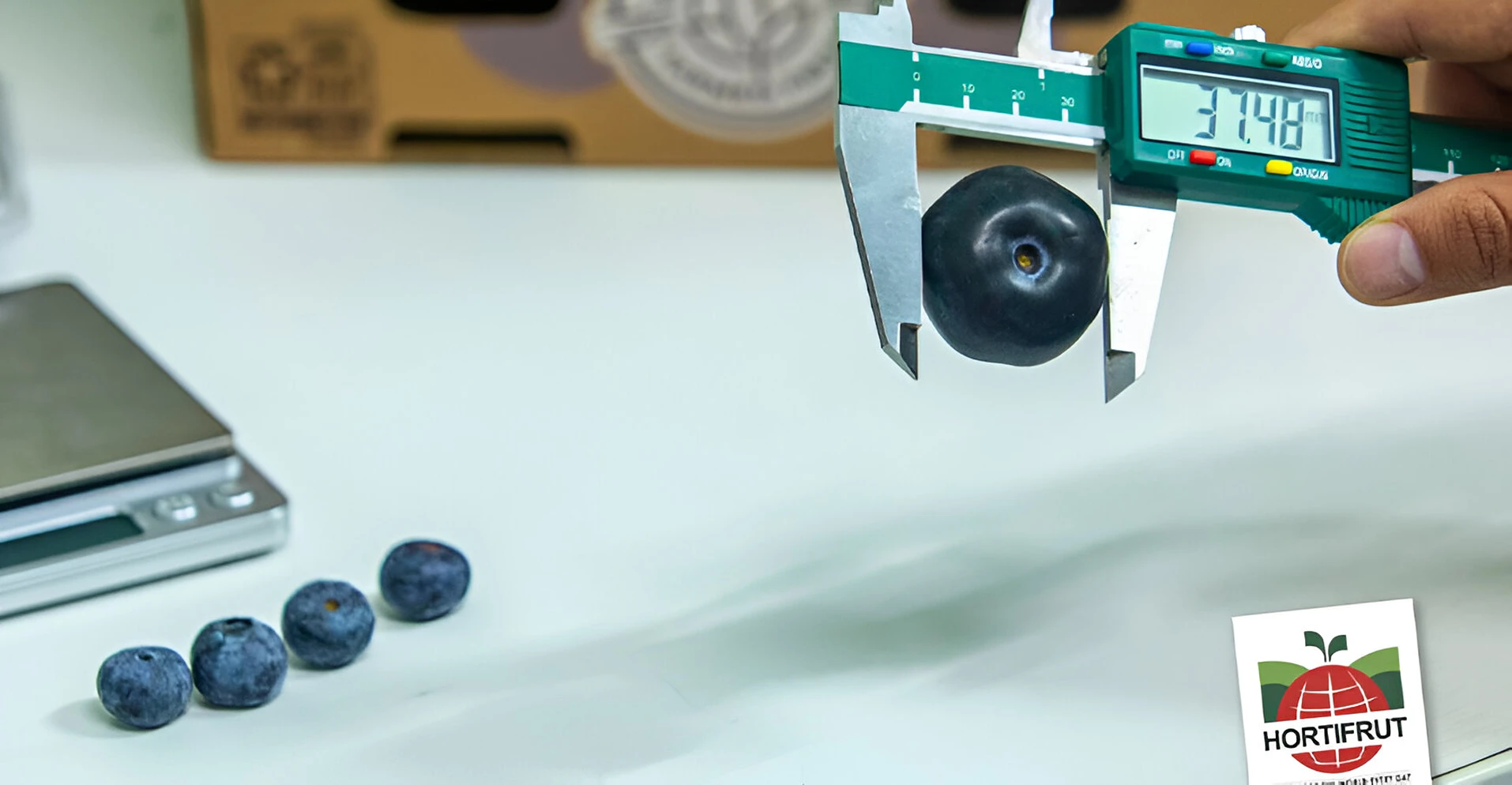The consumer organisation Stiftung Warentest carried out a study in Germany on fresh and frozen raspberries and blueberries. No serious problems such as norovirus or hepatitis A pathogens were found, but for fresh raspberries, a defect that the consumer did not like was detected in four out of six products. And the rest?
Dortmund - Summer tastes like berries! And those who don't want to do without raspberries and blueberries outside the warm months turn to frozen products or berries from warmer climates. Theconsumer organisation Stiftung Warentesthas studied how good fresh and frozen berries are.
THERE IS GOOD NEWS AND BAD NEWS
For a long time, red and blue berries made negative headlines. From time to time, dangerous norovirus or hepatitis A pathogens have been found in raspberries or blueberries. Diarrhoea, headaches, fever - all these can be triggered by norovirus. The hepatitis A pathogen is responsible for nausea, exhaustion, fever and jaundice.
But first the good news: in the current Stiftung Warentest test, neither the noro nor the hepatitis A virus could be detected. However, unfortunately the analysts cannot give the go-ahead. Instead of viruses, Stiftung Warentest found something else that could curb the appetite: moulds and yeasts. Fresh raspberries were affected. High levels of mould were found in four of the six products tested.
These fresh raspberries from Spain and Morocco had high levels of mould:
| Object | Evaluation |
| Aldi Nord Natur Lieblinge Raspberries | Sufficient |
| Organic raspberries Edeka | Sufficient |
| Driscoll's Raspberries | Sufficient |
| Rewe organic raspberries | Sufficient |

Even if these raspberries were not really convincing in terms of microbiological quality, at least they had almost no harmful substances, so they could get the 'Good' and 'Very Good' marks in this category.
Of the 29 products tested - raspberries and blueberries, fresh and frozen -more than half were of good or very good microbiological quality. Furthermore, no pesticide residues were detected in any of the organic products.
BLUEBERRIES AND RASPBERRIES IN THE TEST: HYGIENE MEASURES BRING GOOD RESULTS
All in all, a very pleasant result. According to Stiftung Warentest, this is due to good hygiene - from cultivation, harvesting and transport to delivery. A number of hygienic measures are responsible for the good results.
For example, the irrigation system for the berries is recommended to be tested for viruses, raspberries are transported at zero to four degrees, blueberries are sometimes treated with harmless inert gas and cold chains are maintained. Thus, after a long journey across the world, the berries usually arrive here free of unwanted germs.
BLUEBERRIES AND RASPBERRIES IN THE TRIAL: IT IS BEST TO LIMIT THE FUN WITH BERRIES TO THE SUMMER MONTHS.
However, if you are concerned not only about the pleasure of berries but also about the environment, you should limit your consumption of raspberries and blueberries to the summer months - when the fruit grows here in Germany. The climate is happy for short transport distances.
It is also possible to collect wild berries in the wild. But wait - wasn't there something there? There have been repeated warnings about the fox tapeworm, which likes to lay its eggs on fruit. In the human body, they can develop into larvae which damage the liver - this can also be life-threatening.
But don't worry: Stiftung Warentest reports on studies which have shown that the risk of catching this parasite is minimal. To be on the safe side, boil the berries before eating them.
Source: Ruhr24












